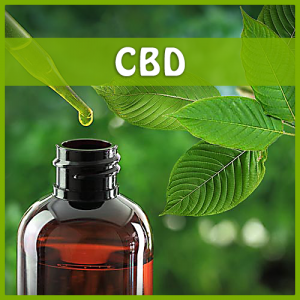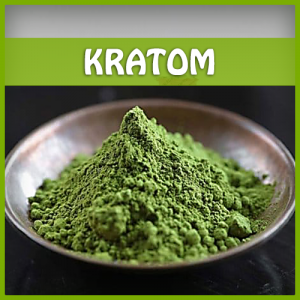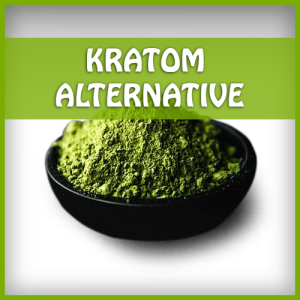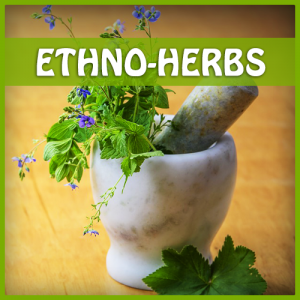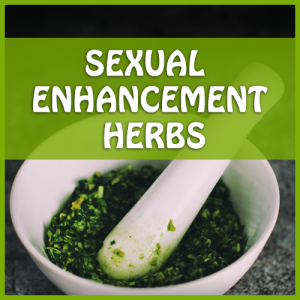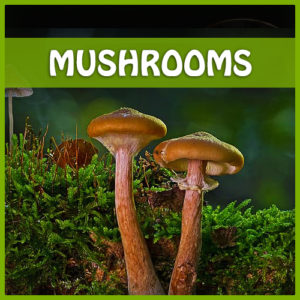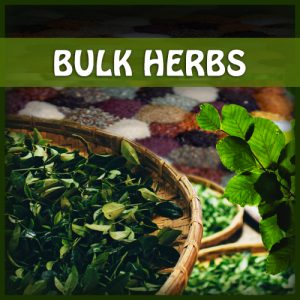Updates
Herbal Remedies for Seasonal Depression: Uplifting Your Mood in the Summer
As the sun shines brightly and nature bursts with vibrant colors, summer is typically associated with happiness and vitality. However, for some individuals, the change in seasons can bring about a form of depression known as seasonal affective disorder (SAD), even during the warmer months. While the majority of people experience SAD during the winter, a smaller subset may struggle with its onset during the summer season. Thankfully, there are several herbal remedies known for their mood-enhancing properties that can help combat seasonal depression during this time. In this article, we will explore three such herbs: St. John’s Wort, lemon balm, and lavender.
St. John’s Wort:
St. John’s Wort, also known by its scientific name Hypericum perforatum, has been used for centuries as a natural remedy for various mental health conditions. It is particularly renowned for its effectiveness in alleviating symptoms of depression. The active compounds found in St. John’s Wort, such as hypericin and hyperforin, are believed to act on neurotransmitters in the brain, including serotonin, dopamine, and norepinephrine, which play a vital role in regulating mood. This herb’s mood-enhancing properties make it a valuable ally in combating seasonal depression during the summer months.
It’s important to note that St. John’s Wort may interact with certain medications, including oral contraceptives, antidepressants, and blood thinners. Therefore, it is crucial to consult with a healthcare professional before incorporating it into your routine.
Lemon Balm:
Lemon balm, scientifically known as Melissa officinalis, is a fragrant herb widely recognized for its calming and uplifting effects on the mind. Traditionally used to relieve anxiety and promote relaxation, lemon balm can also be beneficial for individuals experiencing seasonal depression during the summer. The herb contains natural compounds, such as rosmarinic acid and flavonoids, which are believed to enhance mood and reduce stress levels.
Consuming lemon balm tea or using lemon balm essential oil in aromatherapy can help promote a sense of tranquility and aid in combating the symptoms of seasonal affective disorder. Additionally, lemon balm has been reported to improve sleep quality, which can have a positive impact on overall mood and well-being.
Lavender:
Lavender, known botanically as Lavandula, is a versatile herb widely used for its calming and soothing properties. Its pleasant aroma has been shown to have a direct impact on the central nervous system, promoting relaxation and reducing anxiety. While lavender is often associated with sleep and stress relief, it can also be an effective herbal remedy for combating seasonal depression.
Inhaling lavender essential oil, using it in bathwater, or incorporating it into massage oils can help uplift the mood and alleviate feelings of sadness or anxiety. Lavender has been found to modulate neurotransmitters, such as serotonin, which play a crucial role in regulating mood and emotions.
Individual Responses Vary
When using herbal remedies, it’s important to remember that everyone’s body is unique, and individual responses may vary. If you are considering herbal treatment for seasonal depression, it is advisable to consult with a healthcare professional who can provide personalized advice and guidance based on your specific circumstances.
While herbal remedies can be beneficial in managing symptoms of seasonal depression, they are not intended to replace professional medical treatment. If you or someone you know is struggling with depression or experiencing severe symptoms, it is essential to seek the help of a qualified healthcare provider.
Herbal remedies such as St. John’s Wort, lemon balm, and lavender offer natural options for uplifting your mood during the summer months when seasonal depression may
strike. These herbs have been valued for their mood-enhancing properties and can help individuals combat the symptoms of seasonal affective disorder. However, it’s important to approach herbal remedies with caution and consult with a healthcare professional before incorporating them into your routine, especially if you have any pre-existing medical conditions or are taking medications.
Additional Herbal Helps
In addition to the three herbs discussed above, other herbal remedies may also be beneficial in managing seasonal depression. These include chamomile, passionflower, and ginkgo biloba. Chamomile is known for its calming and relaxing properties, which can help alleviate anxiety and improve sleep quality. Passionflower has been used traditionally to treat anxiety and promote a sense of calmness. Ginkgo biloba is believed to improve cognitive function and enhance mood by increasing blood flow to the brain.
Incorporating these herbs into your daily routine can be done in various ways. Herbal teas are a popular method of consumption, as they offer a soothing and comforting experience. You can find pre-packaged tea blends containing some of these herbs or create your own blend by combining dried herbs. Herbal tinctures and supplements are also available for those who prefer a more concentrated form.
While herbal remedies can be a valuable addition to your self-care routine, it’s important to remember that they are not a substitute for professional help. If you are struggling with seasonal depression or any mental health condition, it is crucial to seek support from a healthcare professional or mental health provider who can offer appropriate guidance and treatment options tailored to your specific needs.
Other Strategies
In addition to herbal remedies, other strategies can help manage seasonal affective disorder during the summer months. Getting regular exercise, spending time outdoors in natural light, practicing relaxation techniques such as meditation or yoga, maintaining a balanced diet, and nurturing social connections can all contribute to improved mood and overall well-being.
Remember, seasonal affective disorder is a real condition that can significantly impact one’s quality of life. If you or someone you know is experiencing symptoms of depression, it’s essential to seek professional help. A healthcare provider can provide an accurate diagnosis and develop an appropriate treatment plan, which may include a combination of therapy, medication, and lifestyle changes.
In conclusion, herbal remedies such as St. John’s Wort, lemon balm, and lavender have been recognized for their mood-enhancing properties and can be beneficial in managing seasonal depression during the summer months. However, it’s important to approach herbal treatments with caution, consult with a healthcare professional, and consider them
as part of a comprehensive treatment plan. By seeking appropriate support and incorporating healthy lifestyle practices, individuals can take positive steps toward uplifting their mood and finding relief from seasonal affective disorder.









